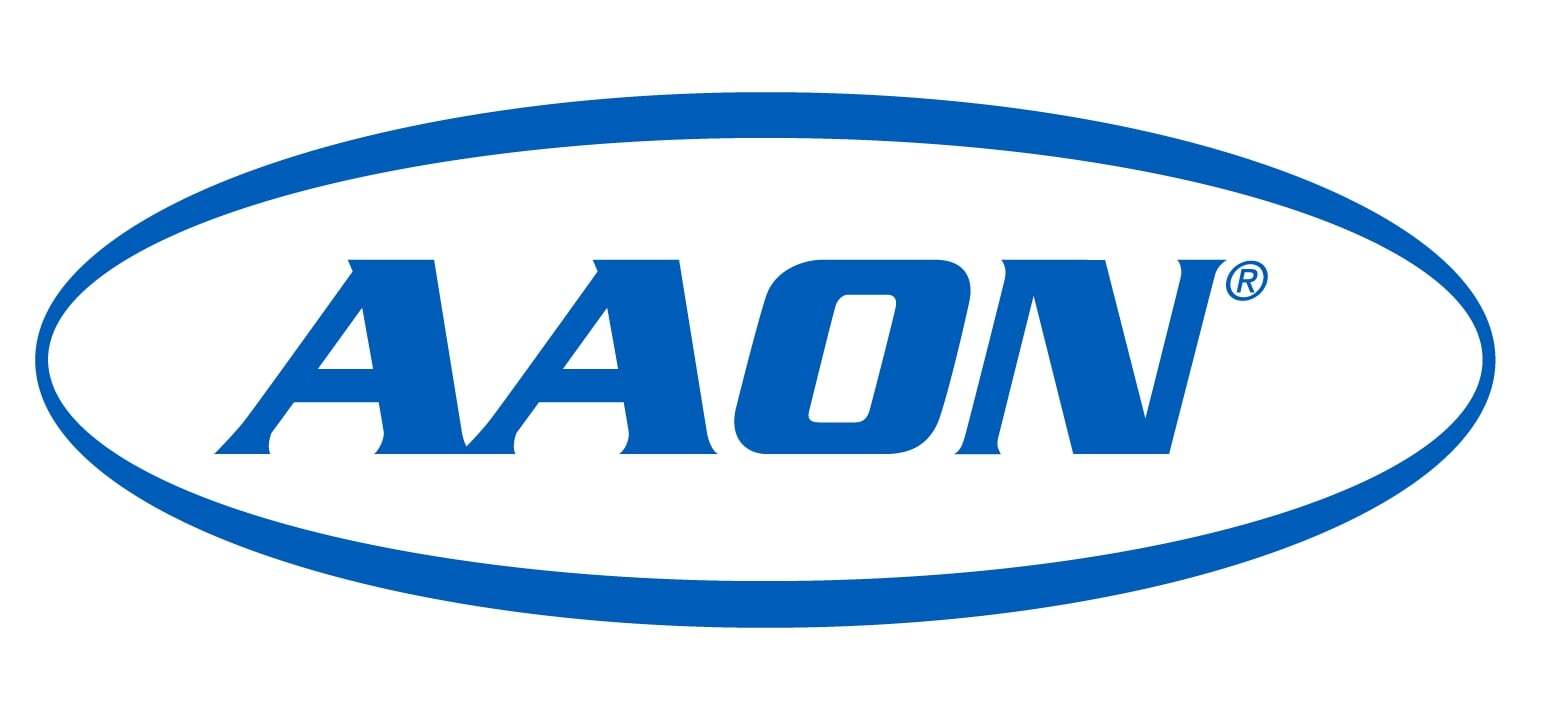Europe’s climate tech startups raised $2.3bn ( €2bn) in the first quarter of this year — the lowest total since Q3 2020, according to Dealroom data. Behind the headline figure lies a complex mix of growing pains, shifting investor focuses, and broader VC market dynamics, experts told TNW.
More specifically, they said the slowdown stems from a blend of market maturity, strategic repositioning, AI’s outsized pull on capital, and a tough exit environment. “If we use the narrative of Dunning-Kruger Curve , we are at a slope of despair in climate now, at least for investors,” Rokas Peciulaitis, founder and managing partner at Lithuania-based Contrarian Ventures, told TNW. 40% off TNW Conference! For 1 week only.

.. Register by 28 April & save up to €700 on General Admission, Corporate, VIP & Investor Passes, and Startup/Scaleup packages “N o quick wins, no massive exits, mergers and acquisitions are limited,” he added.
“Most companies required more capital than assumed, and did not show enough traction. Also, the regulatory tailwind completely failed in most cases.” However, Peciulaitis believes there is light at the end of the tunnel.
“I think those who are disciplined will prevail and win, both on the founder and VC side,” he said. The funding dip comes off the back of an exceptional run. European climate tech funding has soared over the past decade.
The sector’s best year was in 2023, when climate tech startups raised $15bn in venture capital — more than their counterparts in the US. That’s despite an overall poor funding environment that year. Orla Browne, head of insights at Dealroom, told TNW that there are several possible reasons why Europe’s climate tech funding has slowed down so far in 2025.
Firstly, the market is maturing. Some forms of cleantech that previously attracted heaps of VC cash — like electric mobility startups — have gone mainstream. As these markets become more established and growth stabilises, they tend to attract less early-stage venture funding , Browne said.
Investor hype around AI could also be fuelling the slowdown. “AI is taking the oxygen out of VC, at least for other sectors,” Browne said. “More than 25% of all VC now goes to AI startups, up from single-digit percentages just a few years ago.
” Another reason for the slump could be that climate tech startups are rebranding themselves as a “resilience” or “security” play to capitalise on skyrocketing defence tech spending and Europe’s current push for tech sovereignty. The dip likely also signals a broader return to normal, following an unprecedented spike in VC investment in 2021. But Peciulaitis believes there could be a lot of “unannounced deals” in the pipeline this year.
Startup funding is one of the the key themes at TNW Conference , which takes place on June 19-20 in Amsterdam. Tickets for the event are now on sale — use the code TNWXMEDIA2025 at the checkout to get 30% off..
Environment

European climate tech funding sunk to five-year low in Q1 — here’s why

Europe’s climate tech startups raised $2.3bn (€2bn) in the first quarter of this year — the lowest total since Q3 2020, according to Dealroom data. Behind the headline figure lies a complex mix of growing pains, shifting investor focuses, and broader VC market dynamics, experts told TNW. More specifically, they said the slowdown stems from a blend of market maturity, strategic repositioning, AI’s outsized pull on capital, and a tough exit environment. “If we use the narrative of Dunning-Kruger Curve, we are at a slope of despair in climate now, at least for investors,” Rokas Peciulaitis, founder and managing partner...This story continues at The Next Web















